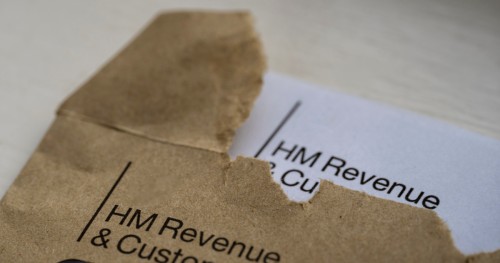Freelancers’ Questions: How to be UK self-employed for a company in Spain?

Freelancer’s Question: I am currently unemployed in the UK due to the coronavirus pandemic and have been since November 2020.
But I’m pleased to say I have been offered a four-month design contract on a self-employed basis in Spain! So would it be possible to become a freelancer in the UK and work for the Spanish company from here?
Where would I pay taxes and would the Spanish company or myself have any new obligations under the UK’snew Brexit deal with the EU? I’ve have read that if I wanted to now go to Spain and be a business or commercial supplier (to this client or others), a business visa is not appropriate if I actually want to carry out work and provide services. Would I therefore need both a business visa and a work visa? This is just a back-up option if I can’t work remotely here from the UK. Thanks in advance for any tips!
Expert’s Answer: The good news for you is that it’s entirely possible to become a freelancer in the UK and work remotely for your Spanish client.
Here are your HMRC obligations if you go freelance...
Assuming that you are a UK tax resident, you will pay your income tax and National Insurance Contributions in th*e UK. You will do this by submitting your self-assessment tax return and paying your liabilities twice a year to HMRC.
Provided that your income does not exceed £85,000, you do not need to register for VAT.
You must register for VAT if your VAT taxableturnovergoes over £85,000 (the current VAT 'threshold'), or you know that it will. For your reference, your ‘VAT taxableturnover’ is defined as the total of everything sold by you that is not VAT exempt.
What your Spanish client will do
If you are VAT-registered, your invoice will not carry VAT as these will be exports from the UK to an EU-country.
Your Spanish client will account for notional VAT on your invoices under the Reverse Charges provisions and set them off against their tax outputs, but this need not worry you.
Finally and the best bit, your client should then pay you to your business bank account!
Yes, a business visa will not entitle you to actually do any work
Towards the end of your question, you correctly say that a business visa does not permit you to live or work in Spain, although be aware that you would be permitted to represent your business or attend conferences (and the like) in Spain, with such a visa.
But if you wanted to live or work in Spain after January 1st 2021, you must apply for a suitable work visa.
You can find the form to apply for a self-employed visa on the Spanish Consulate website in London – the form is here if you can’t locate it yourself.
So what happens if you swap the UK for Spain?
As you can see if you scroll down on it, the form is in Spanish and English, and it sets out the application procedure and the documents you need to submit.
And yes, to answer your question directly, the self-employed visa outlined would allow you to live in Spain and work there.
But if you did end up living and working in Spain, as opposed to working remotely from the UK, then you would need to consult the Spanish UK Double Tax Treaty.
Six important (applicable) parts of Article 7
Then, the treaty's Article 7 on business profits would apply to you:
1. The profits of an enterprise of a Contracting State shall be taxable only in that State unless the enterprise carries on business in the other Contracting State through a permanent establishment situated therein. If the enterprise carries on business as aforesaid, the profits of the enterprise may be taxed in the other State but only so much of them as is attributable to that permanent establishment.
2. Subject to the provisions of paragraph 3, where an enterprise of a Contracting State carries on business in the other Contracting State through a permanent establishment situated therein, there shall in each Contracting State be attributed to that permanent establishment the profits which it might be expected to make if it were a distinct and separate enterprise engaged in the same or similar activities under the same or similar conditions and dealing wholly independently with the enterprise of which it is a permanent establishment.
3. In determining the profits of a permanent establishment, there shall be allowed as deductions expenses which are incurred for the purposes of the permanent establishment, including executive and general administrative expenses so incurred, whether in the State in which the permanent establishment is situated or elsewhere.
4. No profits shall be attributed to a permanent establishment by reason of the mere purchase by that permanent establishment of goods or merchandise for the enterprise.
5. For the purposes of the preceding paragraphs, the profits to be attributed to the permanent establishment shall be determined by the same method year by year unless there is good and sufficient reason to the contrary.
6. Where profits include ite+ms of income or capital gains which are dealt with separately in other Articles of this Convention, then the provisions of those Articles shall not be affected by the provisions of this Article.
Final thought
You can see from above that if you carry out your business in Spain and do not create a permanent establishment there, then you will continue to pay your taxes in the UK. If you do create a permanent establishment there, then the opposite will be true.
Good luck with your very first design contract!
The expert was Kevin Austin,chief executive of accounting firm and overseas tax-compliance advisory Access Financial.



Comment
Log in or create your account to react to the article.